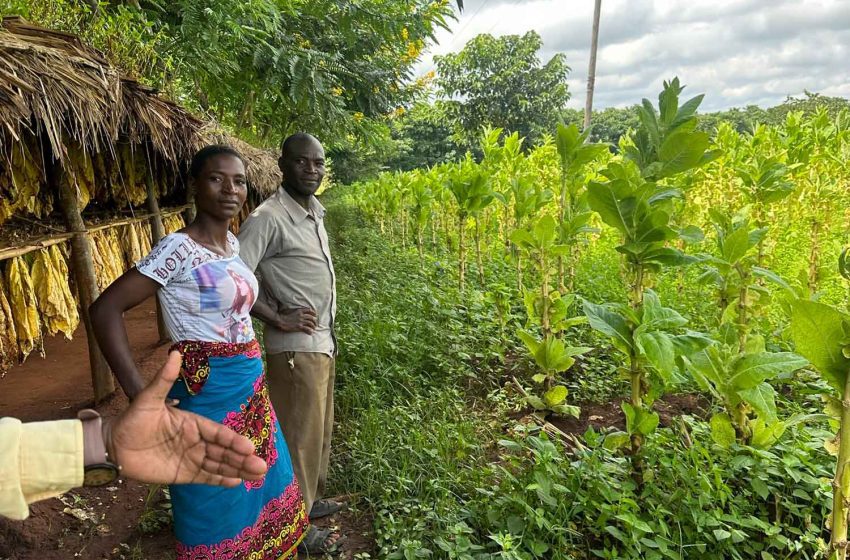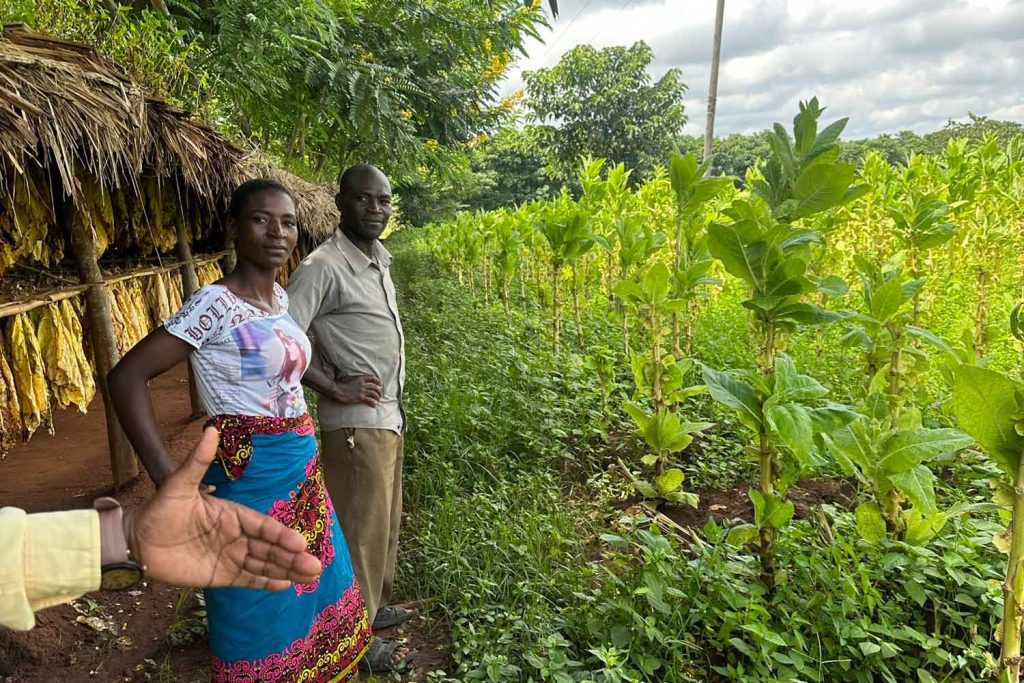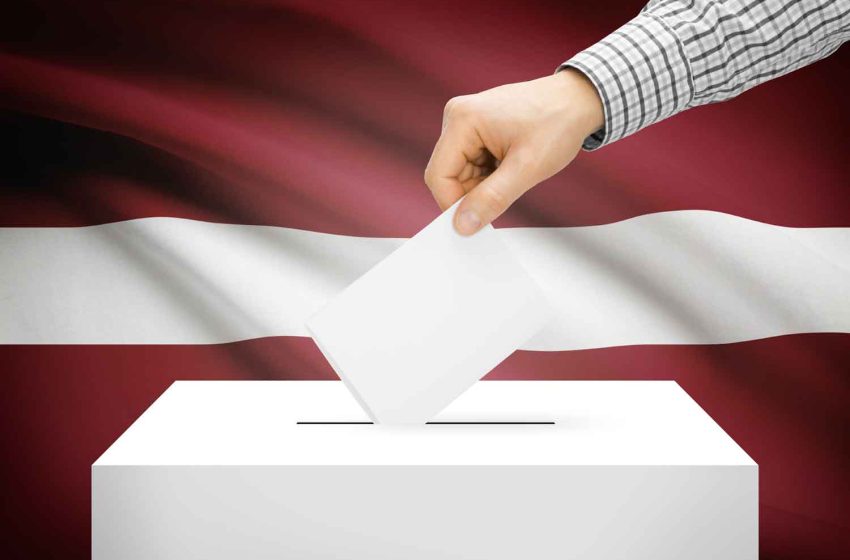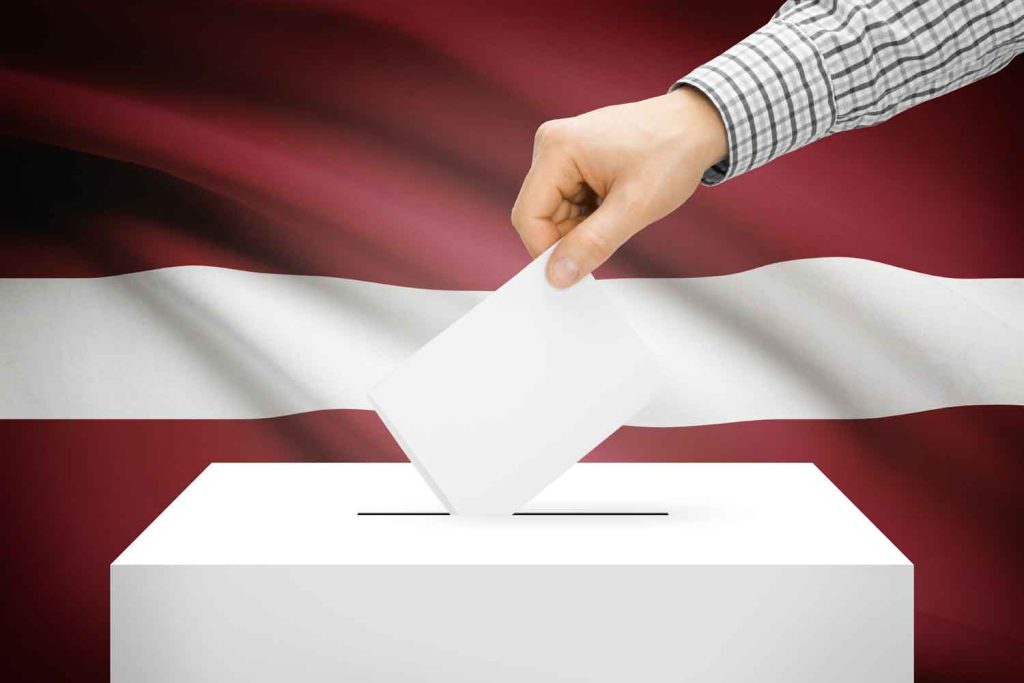
Switzerland will ban advertising of tobacco and vapor products to young people, the government announced on May 24, report Reuters and Swiss Info.
In February 2022, Swiss voters backed a proposal to limit tobacco promotions seen by minors. Following the referendum, the government had to adjust Switzerland’s tobacco product law to incorporate the proposal.
The new law will come into force from mid-2026 and will also strengthen restrictions on packaging and advertising on tobacco and e-cigarettes due to take effect from next year.
In the future, no advertising for tobacco products or e-cigarettes will be allowed in print media, shops or events that can be visited by minors. In addition, sponsorship of events that people under 18 attend will be banned. Online advertising will still be permitted provided that age control systems are in place.
The tobacco industry will also be made to collectively disclose its advertising expenditure, but companies will not be required to individually reveal this information. The government believes advertising plays an important role in the decision to start smoking.
Smoking remains relatively widespread in Switzerland with 9,500 people dying prematurely every year as a result of tobacco consumption, according to the government. In 2022, 6.9 percent of Swiss 11-year-olds to 15-year-olds had smoked cigarettes in the past 30 days while 5.7 percent of youths aged 15 to 24 had used electronic cigarettes at least once a month, the government said.
Switzerland is home to several tobacco multinationals, including Philip Morris International and Japan Tobacco International.





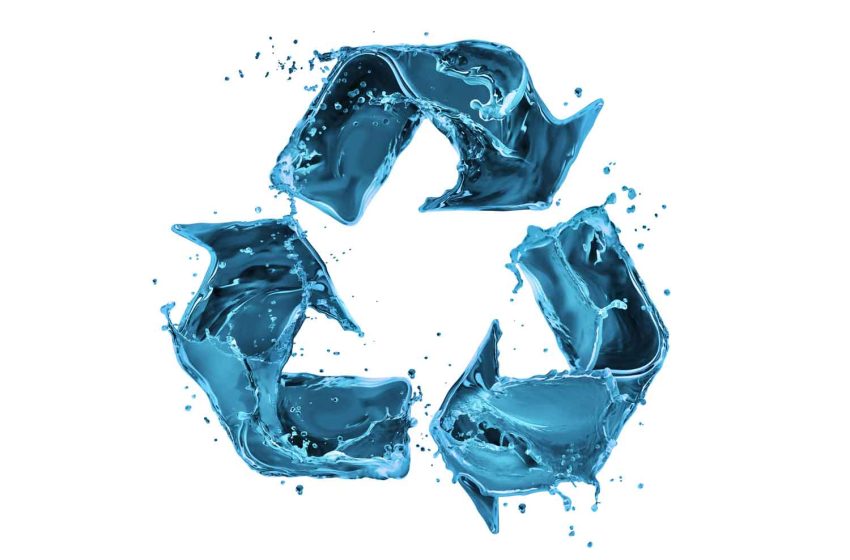
 Reynolds American Inc. will build a water reclamation plant at the Reynolds Operations Center in Tobaccoville, North Carolina, USA.
Reynolds American Inc. will build a water reclamation plant at the Reynolds Operations Center in Tobaccoville, North Carolina, USA.